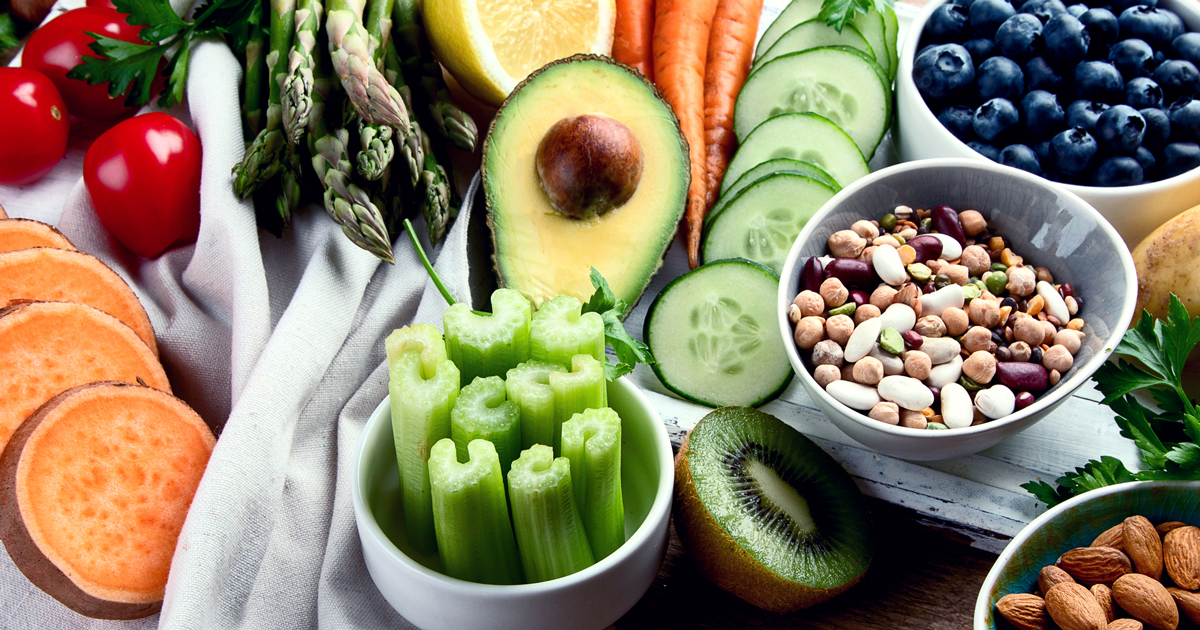Science and the alkaline diet: Can acidic foods cause cancer?

This article provided by Leiauna Alberts, graduate student in medical nutrition.
The alkaline diet claims that by eating certain foods, you can change your blood pH and fight cancer. Find out what science says about these bold claims.
What is the alkaline diet?
The alkaline diet consists of eating alkaline foods, like fruits, nuts, legumes and vegetables, and excluding more acidic foods.
Supporters claim these foods increase your blood's pH (to make it more basic or alkaline) for better health. Some companies also sell alkaline water, which contains different minerals than regular bottled water to make it more basic.
The science behind the alkaline diet
A quick chemistry lesson: pH describes the acidity of a substance. It can range from 0 (extremely acidic) to 14 (extremely basic or alkaline). Tap water falls in the neutral range of about pH of 7.
Your blood pH helps your body function properly. To do that, it must stay within a very narrow range, close to neutral, at 7.35 to 7.45. Fortunately for us, blood pH is tightly regulated through several respiratory and metabolic systems. If your blood pH gets too alkaline, it can be fatal.
Called metabolic alkalosis, this condition must be treated promptly to get blood pH back within a normal range.
Diet alone can't drastically change your blood pH. Whether you eat acidic or alkaline foods, your blood pH will (thankfully) remain within a healthy level. Your kidneys and other organ systems work hard at keeping blood pH normal.
Do acidic foods cause cancer? No.
You may have heard that cancer cells only grow in low pH or acidic environments and that if your blood pH is high enough, or more alkaline, it'll fight disease, including cancer.
While there is some research showing that cancer cells are more likely to grow in acidic environments, an alkaline diet can't change your blood's pH or directly impact the pH of your cells. As of today, no evidence-based research shows a link between lower cancer risk and the alkaline diet.
What you eat is important for good health and cancer prevention. Certain plant-based superfoods may reduce your cancer risk. The American Institute for Cancer Research has 10 guidelines for cancer prevention, including a diverse diet rich in whole grains, fruits, vegetables, beans and lean proteins.
Scientific research does support eating alkaline foods for a different reason: easier digestion. Less acidic foods may be better tolerated if you have gastroesophageal reflux disease (GERD). If you experience frequent acid reflux or heartburn, try limiting acidic foods like citrus foods and tomato-based sauces.
The bottom line: According to evidence-based science, a diet focused on specific alkaline foods can't change your blood's pH. Thus, the alkaline diet can't prevent or treat cancer.
The Cancer Risk and Prevention Clinic can assess your cancer risk and offer you a personalized plan to prevent cancer. Call 402.559.5600 to set up an appointment.





